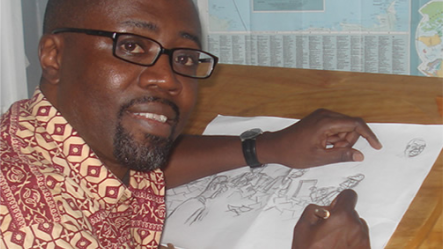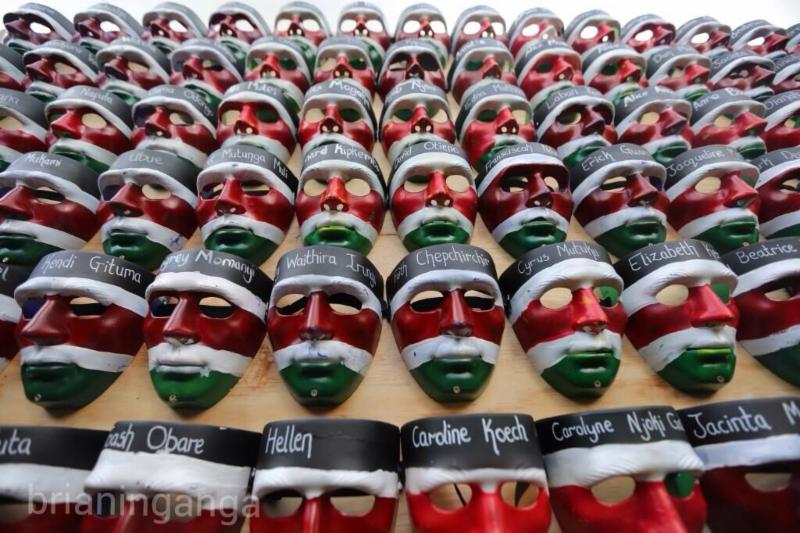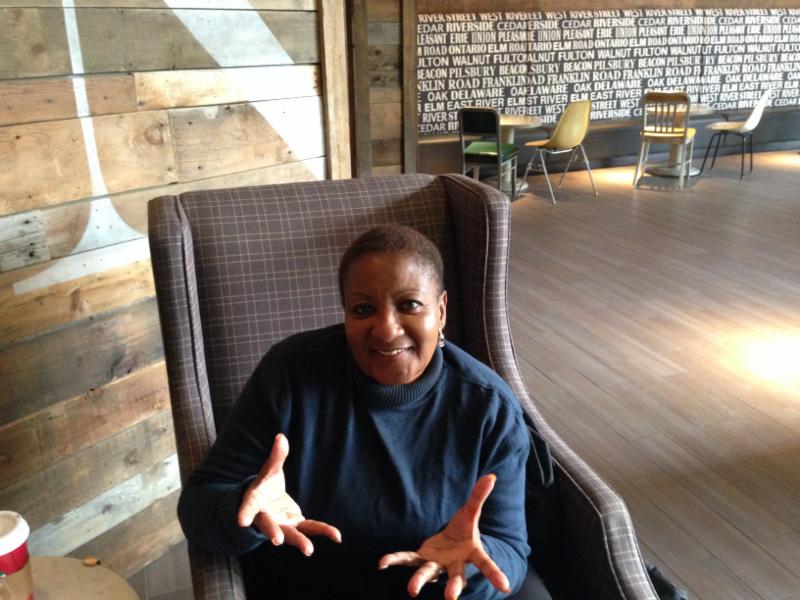This month’s contribution is by Fata Acquoi, who recently graduated with a double major in Sociology and Political Science at the UMN. She intends on pursuing a graduate degree in Human Rights. Her contribution is a snippet of a class assignment that focused on the role of the international community in dealing with alleged perpetrators of genocide and mass atrocity.

The conflict in Darfur has widely been recognized as the first “genocide” of the twenty-first century. Though this recognition is well-known, the 2008 joint United Nations and African Union peacekeeping mission to Darfur failed to stop the genocide, and more specifically the ethnic-cleansing program enacted by the current regime in Darfur. This included rape and torture of women and children. According to the Sudan Democracy First Group, a coalition of civil society organizations, there are about two million Internally Displaced Persons in Darfur, of which over 200,000 were displaced in 2015 alone. This suffering is widely felt throughout Darfur, and has not diminished, though it seems that concern for these people by the international community certainly has diminished.
The International Criminal Court (ICC) has issued warrants for Omar Hassan al-Bashir, the head of the Sudanese regime for more than twenty-five years. These warrants are for crimes against humanity and multiple counts of genocide. Though nations have been notified about the warrants for al-Bashir’s arrest, it is unlikely that we will see his prosecution. more...

 Eye on Africa has often talked about atrocities unfolding, or likely to unfold, in different African states. Most of this information is never collected by myself and is gleaned from news organizations within and outside of Africa. Journalists are perhaps the one group of people that I owe a deep gratitude to. Even when working under tough circumstances they still believe in telling the story, and telling it right. The reason I point this out is because the past year has been a fraught one for African journalists in several countries. From outright assassinations in South Sudan, to the erasure of press freedoms in Rwanda and Kenya, African journalists are quickly becoming an endangered group. So this month’s contribution will focus on the plight faced by journalists working in Africa, for without them, this column would not exist.
Eye on Africa has often talked about atrocities unfolding, or likely to unfold, in different African states. Most of this information is never collected by myself and is gleaned from news organizations within and outside of Africa. Journalists are perhaps the one group of people that I owe a deep gratitude to. Even when working under tough circumstances they still believe in telling the story, and telling it right. The reason I point this out is because the past year has been a fraught one for African journalists in several countries. From outright assassinations in South Sudan, to the erasure of press freedoms in Rwanda and Kenya, African journalists are quickly becoming an endangered group. So this month’s contribution will focus on the plight faced by journalists working in Africa, for without them, this column would not exist.
 Utjiua Muinjangue is the chairperson of the Ovaherero and Ovambanderu Genocide Foundation. Ms. Muinjangue spoke on behalf of the school of Social Work at the University of Minnesota on the genocide of the Herero on November 10, 2014.
Utjiua Muinjangue is the chairperson of the Ovaherero and Ovambanderu Genocide Foundation. Ms. Muinjangue spoke on behalf of the school of Social Work at the University of Minnesota on the genocide of the Herero on November 10, 2014. In the past month two significant events occurred in two of Africa’s on-going conflicts. The National Transitional council members in Central Africa Republic elected former Bangui (the nation’s capital) mayor,
In the past month two significant events occurred in two of Africa’s on-going conflicts. The National Transitional council members in Central Africa Republic elected former Bangui (the nation’s capital) mayor,